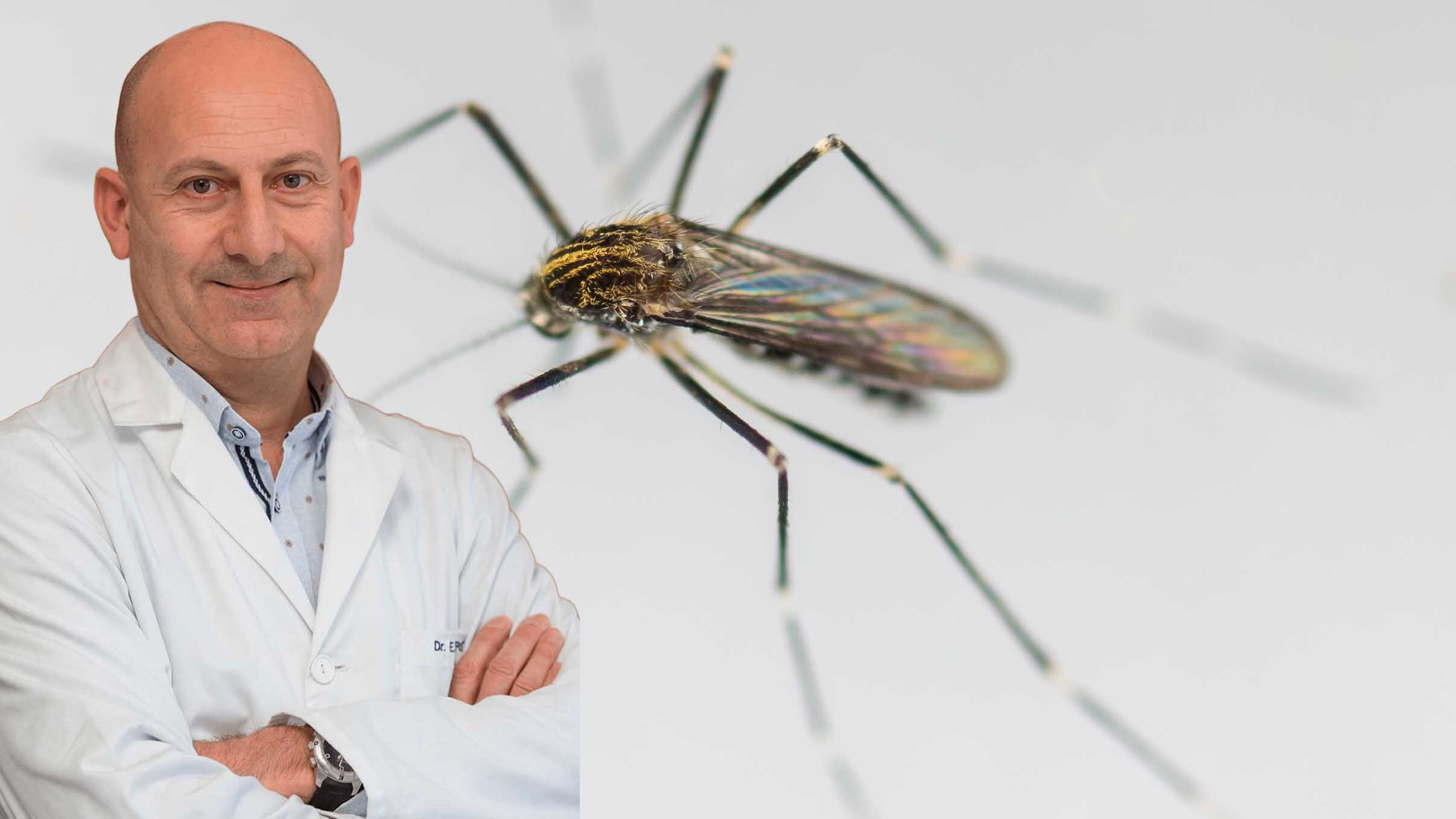Researcher Enrique Baquero discovered a specimen of this disease-carrying insect.

He Japan mosquito (Aedes Japanese) is a species native to Japan and Korea that was discovered in Europe (Normandy, France) in 2000. The first observation in Spain was in the city of Siero (Asturias) in 2018. This September Enrique Baquero, researcher belonging Institute of Biodiversity and Environment – BIOMA – University of NavarraHa specimen discovered inside a building in Pamplona and in broad daylight.
“The progress of this mosquito is slow. but it continued east of Spain and so far, in addition to Asturias, it has already been seen in Cantabria and Guipuzcoa. And its expansion, as in the case of others invasive mosquito speciesthis happens mainly due to movement of people and goods“, he assures.
According to published studies consulted by the expert, The Japanese mosquito is more resistant. than other species to winter temperatures found in temperate regions, and the eggs are resistant to freezing and desiccation, remaining inactive during the winter.
Moreover, Enrique Bakero assures: This type of mosquito is more resistant to pollution. in breeding areas, so they can potentially spread at a faster rate. “In temperate regions such as Navarre, adults will be present from early summer and will remain active until early autumn.”
West Nile Virus, Dengue and Chikungunya
For this mosquito species, vector competition has been demonstrated in transmission of West Nile viruses (WNV), dengue and chikungunya. The potential for transmission of these arboviruses—viruses that infect vertebrates—has raised concerns that this could become a public health problem, especially because they readily colonize urban environments with high population densities.
“Navarre is home to a large number of birds of prey. and we are also in bird migration funnelwhat does he do increase the possibility of transmission of WNVsince the presence of this new vector is added to an already existing species, Culex pipienswhich is currently the common carrier of this virus,” adds Enrique.
A recent scientific review (Petersen et al., 2024) assessed potential risk of mosquitoes to human healththis mosquito is among the closely monitored species and is considered to pose a significant risk of transmitting new viruses. Baquero emphasizes the importance of studying zoonoses—diseases transmitted from animals to humans—and analyzing interactions between human populations and animal communities.
” Researchers at the BIOMA Instituteregarding our biodiversity research, We are always on guard for the emergence of new animal species.to identify them and evaluate at a scientific level the consequences they may have for human health (One Health) and the importance for the ecological balance,” he concludes.
